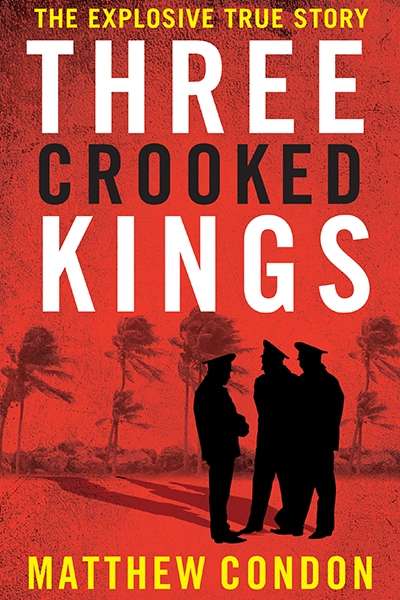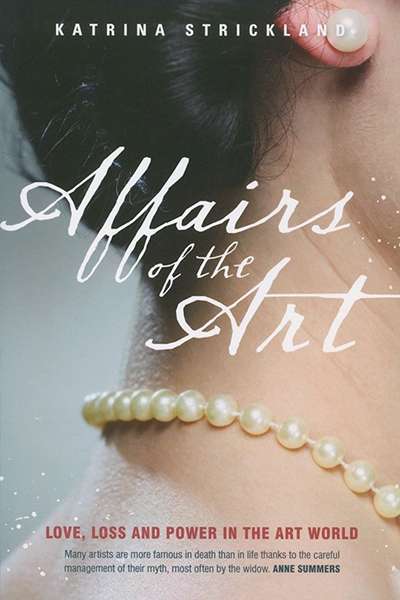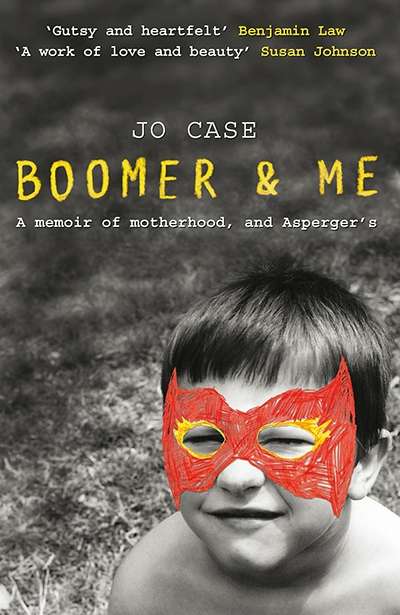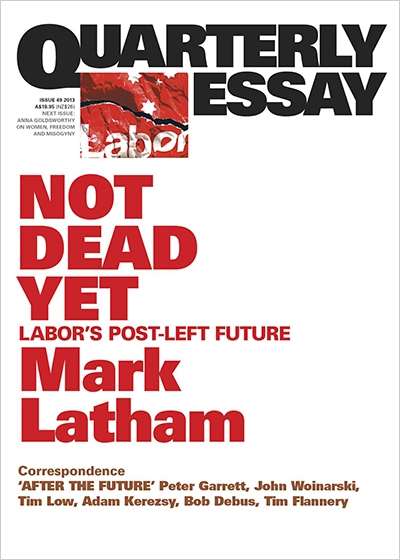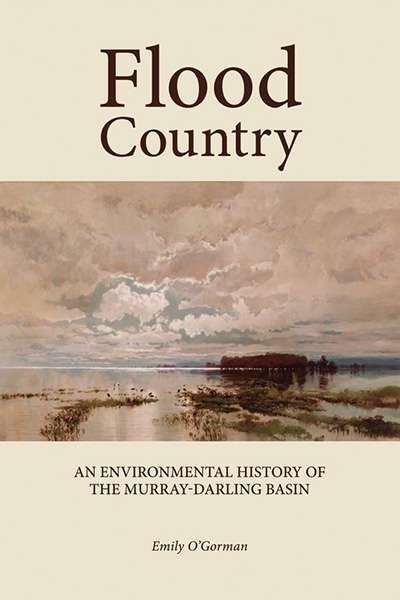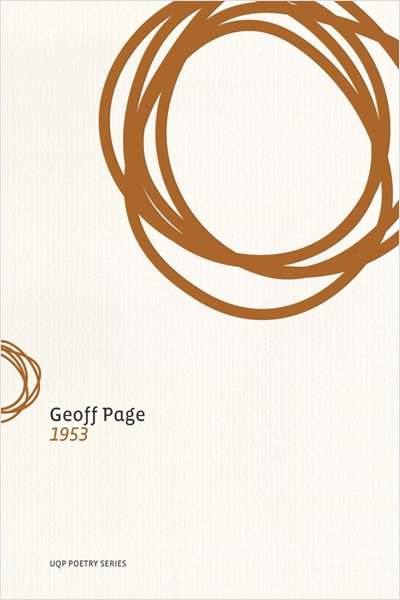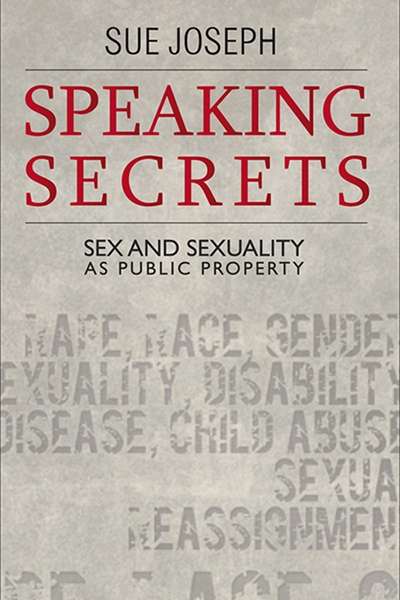Non Fiction
In April 2012, barely a week after Queensland had elected a conservative government to office for the first time in twenty-six years, Campbell Newman announced the abolition of the state-funded premier’s literary awards. The decision, despite disingenuous claims to the contrary, was entirely symbolic, coming as it did before Newman’s Liberal National Party had been officially sworn in or had articulated anything approaching a comprehensive fiscal policy. It was an early portent of a regression to a time when philistinism was celebrated and executive power ran uncurtailed. Soon the premier was using his maiden parliamentary speech to pay tribute to his conservative predecessor Joh Bjelke-Petersen, who narrowly avoided a criminal conviction on the back of one of the most infamously tainted juries in Australian legal history. More recently, amid a host of controversies over ministerial nepotism and shady deals, the government has undertaken a sustained attack upon the Crime and Misconduct Commission, the very organisation formed in response to the rampant treachery of the Bjelke-Petersen era. It may be the self-professed smart state, but former Police Commissioner Ray Whitrod put it best in his memoir: ‘Queenslanders are not like other Australians.’
... (read more)What happens when a famous artist dies, leaving a wife, husband, or children to tend the flame? The question recurs in Ian Hamilton’s spellbinding Keepers of the Flame (1992), an account of a dozen literary estates over a period of three hundred years, and remains suspended in this journalistic assessment by Katrina Strickland of the management of Australian art estates in our own time.
I felt the strength of a widow’s commitment in 1992 when Maisie Drysdale gave me Hamilton’s book. At the time, I was procrastinating about writing a biography of her first husband, Peter Purves Smith. He had been dead more than forty years; Maisie had remarried in the 1960s and was now an old woman twice bereaved; but she had not forgotten. Through her deliberate gift she intimated that I shared the responsibility of shoring up her dead young husband’s reputation, warned me that she had a widow’s passion, and reassured me that she had taken Hamilton’s point (up to a point).
... (read more)To estimate the amount of waffle in a cultural policy document, try this patented test: (i) identify a given sentence or section; (ii) highlight the key terms; (iii) swap the key terms around. If it still makes as much sense, it’s waffle. Another way of saying this is that there are always two people responsible for cultural policy. The first is reasonable, knowledgeable, historically aware. The second is a nutbag, droning on about specious targets and unprovable effects. The first writes things like ‘government’s role in supporting culture is most visible in the major cultural organisations it funds’ (Creative Australia, p. 32) and ‘there is a need to nurture the most gifted and talented while providing for those who want to take pleasure from arts and culture’ (CA, 69). The second writes baloney like ‘the benefits of our cultural and creative assets must be maximised. Innovation across all industry sectors is essential to driving productivity growth, maintaining high standards of living and growing competitiveness in the global economy’ (CA, 92). Why can’t we just have the first person? Why does someone who sounds as if he has swallowed a Treasury manual with the words in the wrong order thwart the sense of all government intervention in the cultural sector?
... (read more)Boomer & Me: A memoir of motherhood, and Asperger’s by Jo Case
The last decade has seen a significant growth both in the number of motherhood memoirs and in books about autism and Asperger’s Syndrome. Australia is no exception to this trend, and Jo Case, in Boomer & Me, makes a contribution to both fields. As someone who has written a motherhood memoir about autism, I am a sympathetic reviewer but might also be considered too close to the topic. I have certainly read many memoirs about autism and Asperger’s in the ten years since my own son was diagnosed. I was pleased, then, to find that Case’s memoir offered two interesting points of departure from other Australian motherhood memoirs and Asperger’s stories. It is also well-written and engaging, as expected from Case, who is a literary reviewer and a former deputy editor of ABR.
... (read more)Not Dead Yet: Labor’s Post-left Future (Quarterly Essay 49) by Mark Latham
Mark Latham rose to the leadership of the Labor Party unexpectedly, lost the 2004 federal election, retired to sulk from the sidelines, and has done so ever since. Whether he or Graham Richardson has done more damage to the party that nurtured them is a question I leave to the blogosphere. Before Latham became leader in 2003, he published considerably more about his vision for Labor than most parliamentarians have done, though none of his publications was as readable as his post-retirement diaries (2005), in which he displayed a lack of judgement and such scant goodwill to his colleagues that it leaves one astounded that they ever elected him leader. (When Latham ran against Kim Beazley for the leadership, two of the wiser members of caucus, Carmen Lawrence and Lindsay Tanner, counselled me against becoming too enthusiastic. They were clearly correct.)
... (read more)A human body exposed to summer heat can be reduced to bones in nine days. First the flies and maggots feast on the body’s fluids. As the tissues decay, they feed on the whole body through orifices and wounds. Next the insects and predators gorge on the juicy maggots. Once the body has begun to decompose, in come the beetles that tuck in to the tougher flesh, skin, and ligaments. In Australia the intestines of herbivores are a delicacy for the dung beetle. Then moths and mites feed on fly eggs and hair. Meantime, the bacteria are busy, helping the body to decompose and recycling the nutrients. Is that, I wonder, what happened to our Brahman bull Angel?
... (read more)‘We place on paper without hesitation a tissue of flatteries, to which in society we could not give utterance, for our lives, without either blushing or laughing outright,’ wrote Edgar Allan Poe in 1846. His title was ‘The Literati of New York City’; his topic was the discrepancy, as he saw it, between the critics’ private opinions of books and the polite reviews of them that appeared in print. Literary criticism in New York in the middle of the nineteenth century, Poe argued, was essentially corrupt: a matter of back-scratching, currying favour, and chasing after influence, power, and money.
... (read more)Flood Country: An Environmental History of the Murray–Darling Basin by Emily O’Gorman
A friend and colleague from Europe visited in October 2010 for the first time in almost a decade. I had peppered him in the intervening years with emails bemoaning the long drought, the record heat, the lack of rain, the bushfires, the water restrictions, the young and old trees dying, the rivers ceasing to flow and finally drying altogether. I had described the har ...
Geoff Page’s 1953 is set in the town of Eurandangee, which, we learn, is about 650 kilometres north-west of Sydney ...
Speaking Secrets: Sex and Sexuality as Public Property by Sue Joseph
In Speaking Secrets, academic and journalist Sue Joseph looks at what happens when sex becomes ‘public property’, and interviews a range of Australians who have had often traumatic sex and sexuality-related experiences aired to a wide audience through the media. Some of her interviewees are well known, others are not. Several discuss their experience of sexual abuse, either as a victim or as the relative of a victim. There is an interview with David Cunningham, the Greens candidate who has argued that ‘disabled people need sex lives’. Cunningham (who has cerebral palsy) has stated that people with disabilities should have access to sex workers. There are interviews with the transgender lawyer Rachael Wallbank and the Reverend Dorothy McRae-McMahon, a Uniting Church minister who came out as a lesbian in 1997. In one amusing moment, McRae-McMahon finds herself discussing anal sex during her conversation with Joseph in a Sydney café.Speaking Secrets is situated in the field of literary journalism. Reading Joseph’s evocative prose, the reader almost feels as if he is eavesdropping on the interviews. Still, the author leaves much to the imagination (I will discuss one instance of this). There is not a cliché or a superfluous word in the book.
... (read more)

